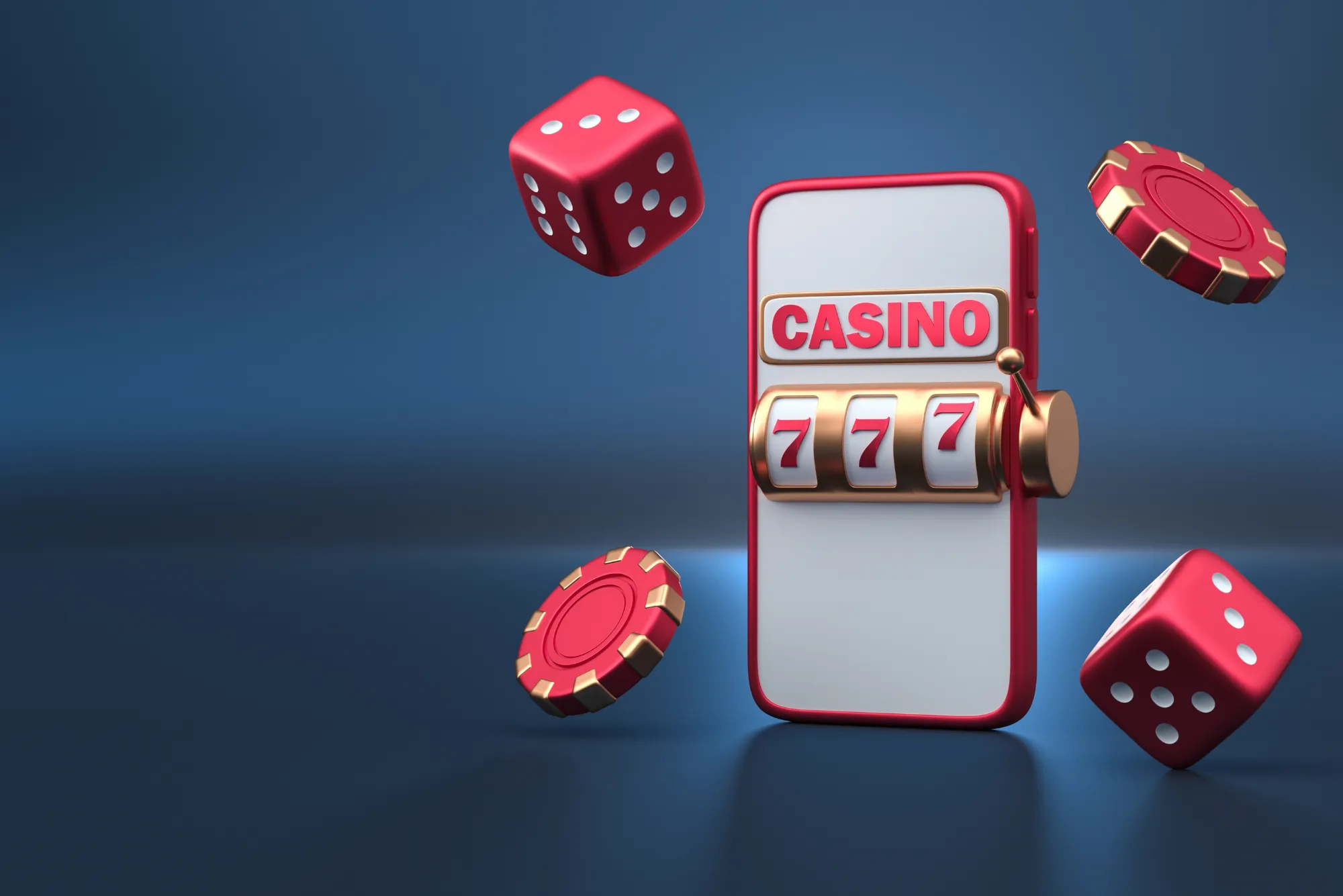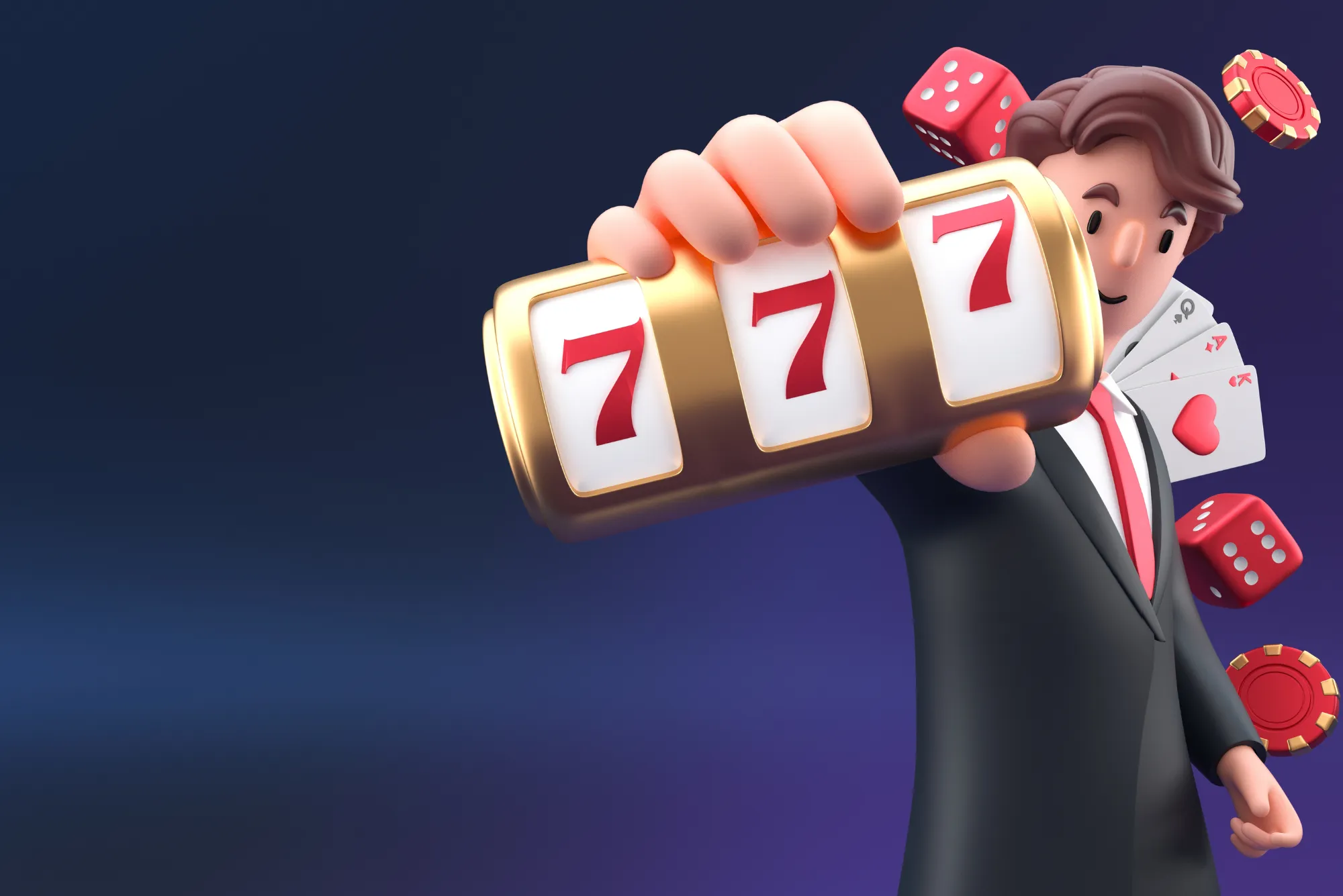The debate over whether gambling is a game of skill or pure chance has existed for as long as people have been rolling dice, spinning wheels, or shuffling cards. For some, it’s a calculated contest of wit, psychology, and mathematics. For others, it’s all about luck — a spin of fate that no strategy can truly influence. The truth, however, lies somewhere in between. While chance dominates many aspects of gambling, skill undeniably plays a role in shaping long-term outcomes, especially in games where human decision-making matters.
As someone who’s been exploring online and offline casinos for years, I’ve seen both sides up close. There are nights when no amount of strategy can save you from a bad streak, and others when a well-timed decision turns the tables completely. So, how much control do players really have? Let’s take a closer look at the balance between luck and skill in gambling.
Understanding Chance: The Foundation of Gambling
Every form of gambling has an element of randomness built into it. This unpredictability is what makes gambling exciting — and risky. The roll of a dice, the spin of a roulette wheel, or the dealing of cards are all governed by probabilities rather than patterns. Even modern slot machines use complex random number generators (RNGs) that ensure no two spins are ever related.
Chance ensures fairness by preventing predictable outcomes, but it also makes gambling inherently uncertain. You can’t “outsmart” a slot machine’s RNG any more than you can predict where a roulette ball will land. That’s the charm — and the danger. Many new players underestimate how much of gambling is designed around statistical randomness, leading them to believe that certain systems or betting patterns can “beat the odds.” In truth, the house always maintains a mathematical edge over time, no matter the strategy.
The Role of Skill in Gambling
That being said, skill is far from irrelevant. In fact, in some games, it’s the single biggest factor separating consistent winners from casual players. Skill-based gambling involves using knowledge, psychology, and probability to influence the outcome or at least reduce the impact of luck. Games like poker, blackjack, and sports betting rely heavily on player decisions rather than pure chance.
For instance, in poker, every move — from your opening bet to your final bluff — is a reflection of skill. Understanding odds, reading opponents, managing bankrolls, and maintaining emotional control all determine whether you win consistently or lose quickly. Even in blackjack, skilled players can use mathematical techniques such as card counting and optimal strategy charts to slightly tilt the odds in their favor. These aren’t guesses; they’re proven systems grounded in probability.
However, the line between skill and luck is often blurred. A poker champion might still lose with a strong hand due to an unlucky river card, while a complete novice might win a massive pot purely by accident. Over one session, luck dominates — but over hundreds or thousands of games, skill tends to rise to the surface.
The Influence of Modern Gambling Platforms
With the rapid growth of online gaming, especially gambling sites uk, the landscape of skill versus chance has evolved significantly. Online casinos have introduced advanced technologies like live dealers, real-time betting, and AI-driven analytics that simulate real-world gaming experiences. These platforms have blurred the lines even further, offering both skill-based games (like poker tournaments and blackjack tables) and pure chance games (like online slots or roulette).
Many of these sites also promote features such as “demo play” or “free trials,” allowing players to practice without risking real money. This practice phase is particularly valuable for skill-based players who want to refine their approach before playing competitively. The UK gambling market, in particular, is known for its regulatory transparency, responsible gaming policies, and emphasis on fairness — providing players with a safer environment to explore both luck-driven and skill-driven games.
However, even with advanced systems in place, one must remember that online platforms operate under strict RNG algorithms and statistical fairness. This means that no software can be “beaten” through prediction or timing. Success online still requires a combination of strategic thinking, emotional discipline, and an understanding of the inherent odds.
The Psychology Behind Skill and Chance
Another dimension to this debate is human psychology. Many gamblers believe they can control outcomes through intuition or pattern recognition — a phenomenon known as the “illusion of control.” It’s why players chase hot streaks, repeat winning rituals, or change seats after a loss. The truth is, the human brain craves patterns, even where none exist. This tendency makes players overestimate their control in chance-based games.
Yet, psychology also fuels skillful play. Skilled gamblers know that emotional control is key. The ability to stay calm under pressure, avoid “tilt,” and walk away when needed are all part of what separates professionals from amateurs. Emotional intelligence and decision-making are, in many ways, as important as mathematical understanding. Gambling isn’t just about predicting outcomes — it’s about managing reactions when things don’t go your way.
How Different Games Balance Skill and Luck
Not all gambling games weigh skill and chance equally. Some are nearly 100% luck-based, while others give room for player strategy to shine. Slot machines and lotteries, for instance, rely entirely on chance — there’s no decision a player can make to change the outcome. In contrast, games like poker or sports betting depend largely on judgment, timing, and information.
Sports betting, in particular, represents one of the most analytical forms of gambling. Successful bettors use data models, player statistics, and even psychological insights to predict outcomes. They might not win every bet — luck can always interfere — but over time, their skill creates measurable consistency.
Then there’s a middle ground: games like roulette or baccarat, which mix small degrees of strategy with large doses of chance. A roulette player can use betting systems like Martingale or Fibonacci to manage risk, but they can’t influence where the ball lands. The best they can do is manage their bankroll effectively and understand the odds.
The Long-Term Perspective
In the short term, luck is king. A beginner can walk into a casino, play one hand of blackjack, and win big — purely by chance. But in the long term, skillful play tends to produce better results. Casinos thrive because luck is unpredictable and the house edge ensures that the odds favor them over time. However, skilled players find ways to minimize this edge and extend their longevity in the game.
Think of gambling as similar to investing in the stock market. Short-term price movements are random, but over years, informed decisions and risk management lead to better performance. Similarly, a skilled gambler might lose tonight but win over the course of a season.
Responsible Gambling and Realistic Expectations
Whether you see gambling as a game of skill or chance, it’s crucial to approach it with a sense of balance and responsibility. Gambling should be viewed as entertainment — not a guaranteed income source. Even the most skilled players experience losing streaks. Setting budgets, knowing when to stop, and keeping emotions in check are vital habits.
Regulated platforms, especially within the UK, encourage responsible play through self-exclusion tools, deposit limits, and transparent odds displays. These measures ensure that players can enjoy gambling while maintaining control over their spending and emotions.
Ultimately, the healthiest mindset is to appreciate gambling for what it is — a mix of luck, skill, and human psychology. The thrill lies not just in winning but in the experience, the strategy, and the self-discipline it demands.
Final Thoughts: So, Which One Is It?
So, is gambling skill or pure chance? The honest answer is — both. Luck governs the short-term results, while skill influences long-term outcomes. Every spin, deal, or roll begins with uncertainty, but how you handle that uncertainty defines your success as a player. The more you learn, practice, and manage your emotions, the more you tilt the balance slightly in your favor.
But even the most strategic gambler can’t escape randomness completely. That unpredictability is what keeps the game alive, drawing players back again and again. Gambling remains one of the few human activities where intellect and fate dance together — where success is never absolute, and risk is always real.







